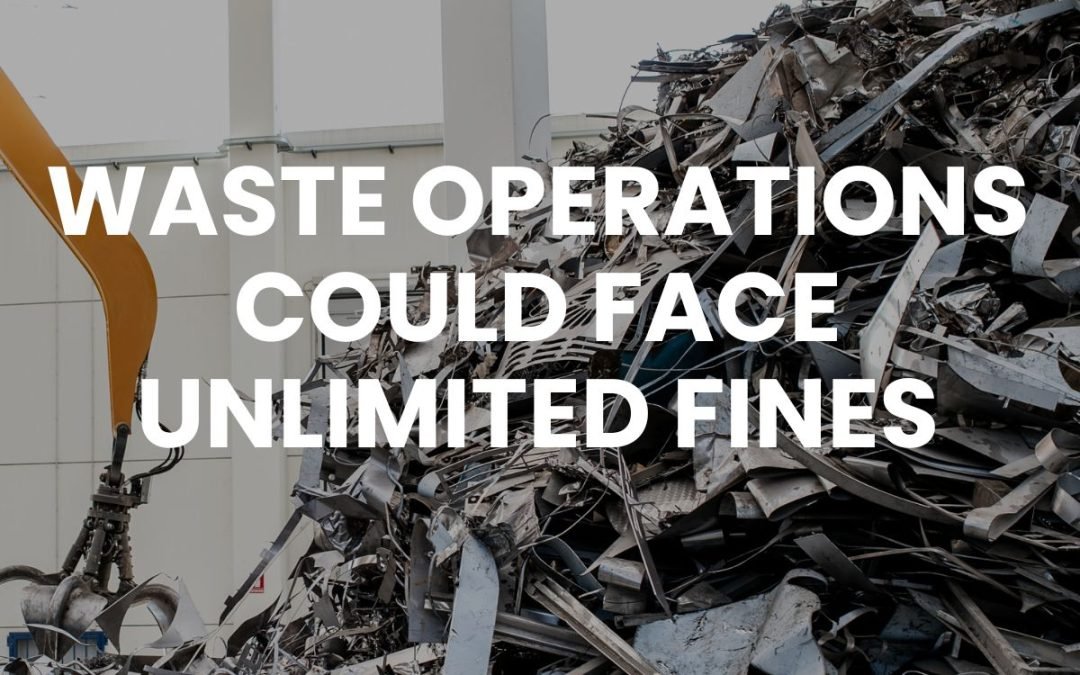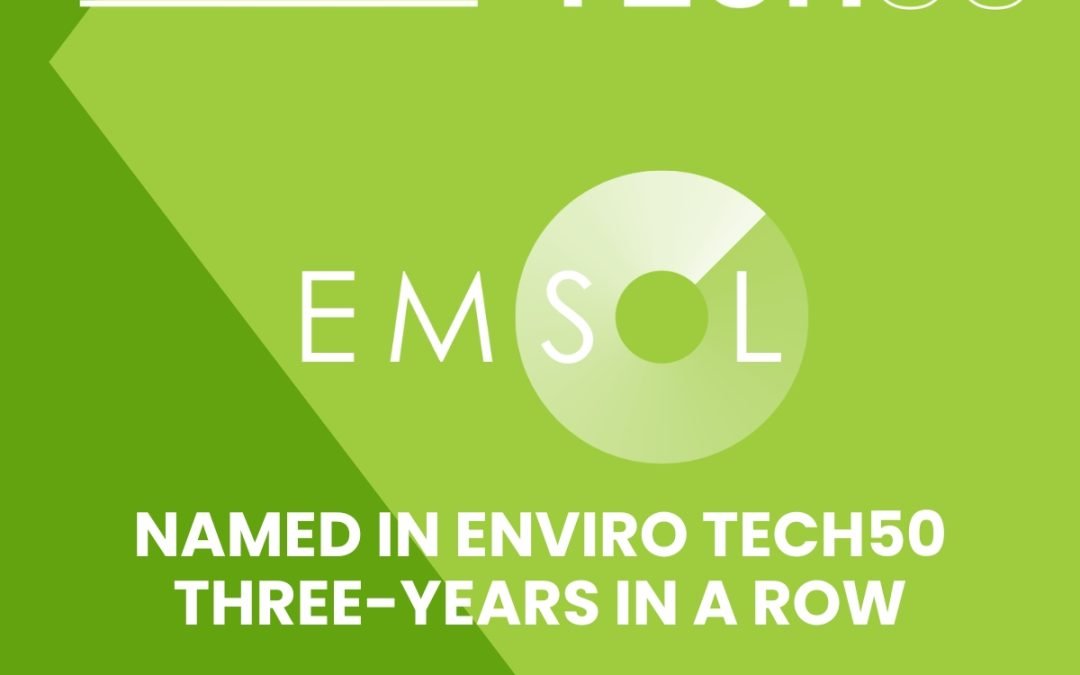In response to the Mayor’s Smart Mobility Challenge, EMSOL has undertaken research into solutions that will enable organisations to make freight journeys greener and smarter. The Smart Mobility Challenge is one of 10 challenges comprising the Mayor’s Resilience Fund. The Fund aims to incentivise innovators to address socially impactful issues London faces, and to find solutions to the problems identified.
EMSOL’s aim has always been to empower communities and organisations to take air quality action and reduce transport emissions. The research undertaken consisted of a survey and follow-up interviews with respondents that included users and providers of delivery services in Kings College London. Qualitative and quantitative data methods were used to identify issues and opportunities relating to the availability and viability of greener options.
EMSOL’s focus is not only about pollution scoping and monitoring, it goes beyond that. It involves using vehicle location data in a proactive way to find real-time sources of pollution and find mitigation and efficiency improvements.
Overview
Consumers and communities have growing concerns relating to the environmental impact of retail operations, and this has resulted in increasing demand from businesses for evidence-based and environmentally sustainable practices. The research undertaken examined and analysed the impact of sustainability on the patterns of consumer behaviour, values and preferences.
When it comes to delivery services, consumers are increasingly aware of the environmental impact and carbon footprint of these services and want more delivery options available to them.
Key Findings
Overall, the research found that current consumer behaviours are influenced by the sustainability options and practices of businesses. People want to see sustainable actions being taken and want to have the option to behave more sustainably themselves.
When it comes to delivery options:
- People are prepared to make compromises to get greener deliveries
- 64.7% of people said cleaner air would greatly influence their choice of delivery service providers
- 76.5% said lower carbon emissions would influence their choice of delivery service provider
- 75% of consumers would advocate for a more environmentally-friendly delivery service
- 89.3% would engage a more expensive delivery service if they could see it was more environmentally friendly
- 78.6% of respondents would encourage users to wait longer for environmentally friendly deliveries
- 60.7% would encourage their teams to find ways, such as optimising delivery schedules, to reduce environmental impact
- Almost 43% of respondents had taken action in the last few years to reduce the environmental impact of their delivery services
The findings clearly indicate that service users are more environmentally conscious and are adapting, or thinking of adapting, their behaviour to lessen their carbon footprints when it comes to using delivery services. Sustainability-based behaviour is becoming more common and more important for consumers who not only want to see evidence of sustainable practices but want organisations to offer less environmentally damaging delivery services and options.
Preventative action is still lacking from delivery-providers – over half had not sought ways to reduce the environmental impact of your delivery services?
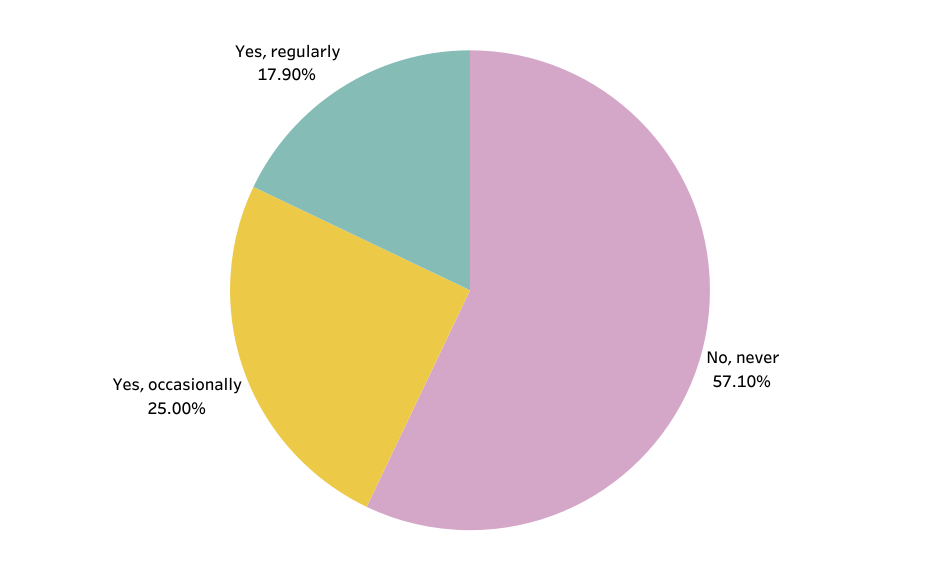
Demand for clean air
Clean air is a huge environmental concern for consumers, and this concern is mirrored by investors, suppliers, and governments. Consumers are aware that their behaviour is impacting the environment around them, and they want to minimise their carbon footprint. The pandemic has not lessened the desire for sustainability, if anything it has made people more aware of sustainable living with the environment becoming inextricably linked to health and overall wellbeing. Climate change environmentalists have coat-tailed off the pandemic to use it as a key opportunity to reshape behaviours entrenched within us and focus on more sustainable living.
Not only are consumers willing to pay more for sustainable delivery services, they are also willing to wait longer for their deliveries. What does this mean for organisations? It means that they must start to accurately measure the pollution levels from their operations, mitigate their emissions, and evidence improvements to consumers, investors, and governments.
Whilst the trend and demand for convenience grows with consumers, this is now coupled with the increase in consumer consciousness. The research findings indicate that consumers are expecting eco-friendly options to be as convenient as their ability to make purchases whenever and wherever they are.
People are prepared to make compromises to get greener deliveries
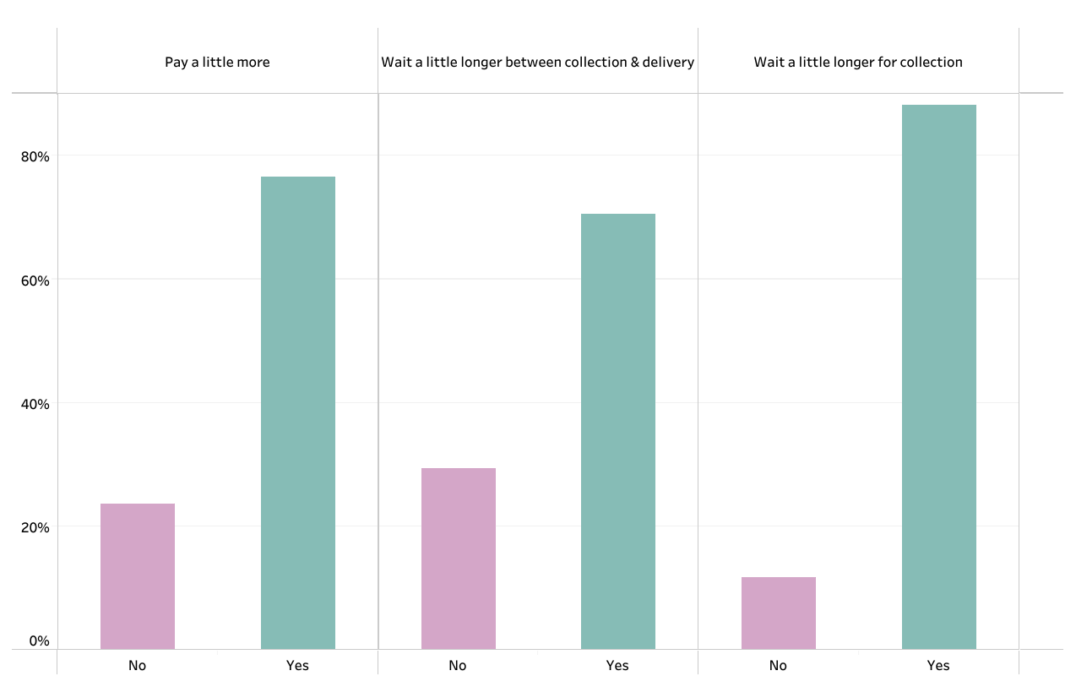
There is a sustainability information gap
Organisations need to offer more delivery options to their service users and use their platforms to engage and inform consumers about the sustainability of their choices. Clustered deliveries and collection options should be clearly identified as more sustainable solutions, with accurate data to back the sustainability claims.
Making the switch to more eco-friendly delivery services will deliver benefits that go beyond reducing the carbon footprint. With the massive increase in e-commerce, competition for consumer business and retention is high on the agenda for businesses. Being able to evidence and demonstrate a sustainability approach at all levels of the organisation is a way for businesses to meaningfully engage with their target audiences and differentiate themselves from competitors. To do this, businesses need a way to plug the sustainability information gap and build trust that they can evidence low impact delivery and avoid greenwashing their progress.
Best Practice Recommendations
Based on the findings, EMSOL would recommend the following best practices for businesses:
- Recognise the change in consumer behaviour and preferences for more environmentally friendly delivery options
- Drive value by positioning technology at the centre of sustainability practices and policies
- Collate real-time data to track and identify pollution sources/levels from logistics operations
- Ensure data used is accurate and provides analysis and insight to facilitate effective sustainability planning and mitigation
- Although powered by younger generations, the fight for clean air and sustainable practices is being adopted by more and more consumers. Climate change activists will continue to press businesses and consumers to join the stance against carbon emissions and to take any action they can to mitigate their own footprints.
Motivations when selecting delivery options: users would be highly motivated to select deliveries based on clean air or lowering carbon emissions
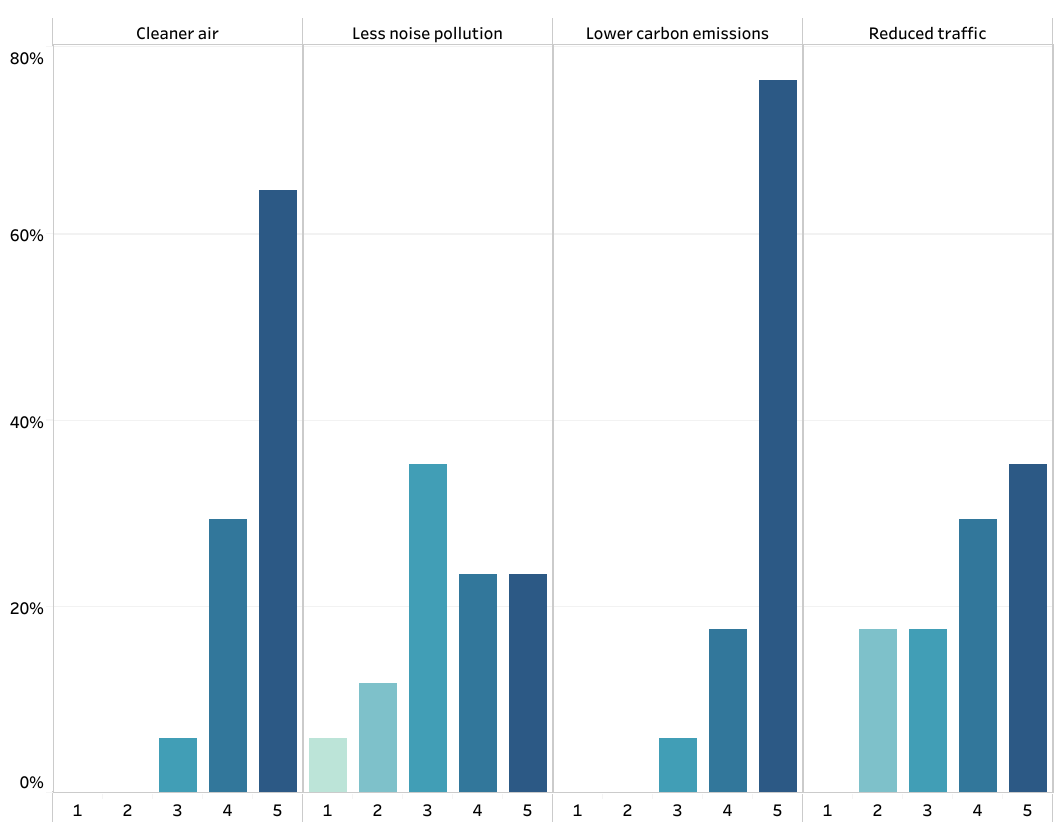
Technology needs to be be real-time and provide deep insights
There is no doubt that technology plays, and will continue to play, a huge role in facilitating sustainability for organisations. Digital solutions will continue to play a pivotal role in monitoring, mitigating and adapting to the climate change impacts of delivery services. Business management needs to include measurements for sustainability performance, and technology will help manage and accelerate the progress to a more carbon-neutral economy.
As legislation becomes more focused on requiring businesses to track and manage their emissions through the entire value chain, it will become increasingly important to have visibility of carbon emissions. Visibility data will not only lead to enhanced insights, but also help businesses to analyse, consolidate, and manage their services more effectively. Real-time traceability will provide the essential data on which businesses can build sustainability adaptations, and this will ultimately help organisations to connect with consumer sentiment around the value of decarbonisation.
Conclusion: technology can facilitate the demands for accountable evidence-based green deliveries options
Concerns about air quality and demands for businesses to adopt sustainable practices are not new trends that are likely to go away. Consumer behaviour and expectations are shifting as the emotional connection to the environment and sustainability continue to increase. Sustainability has to become a strategic priority for organisations who must start tracking, mapping, identifying and mitigating the impact of their operations on air pollution levels.
The results of the research undertaken by EMSOL clearly identify that people are willing to pay a premium for environmentally sound practices. A staggering 89.3% of respondents said they would engage a more expensive service if it was environmentally friendly.
Clean air and low emissions are a top priority and expectation for consumers, and those businesses that recognise this and take action will benefit from consumer loyalty and increased margins. With climate change and clean air becoming a critical driver of governmental policies, decelerating the environmental impact of delivery services will become even more important than ever. Industries need to accurately investigate their own emissions, and develop sustainable mitigation strategies if they want to become major players in e-commerce market.
Consumers are expecting organisations to lead on the delivery of more environmentally friendly practices, with accountability expected from a top-down approach. As sustainability momentum continues to build at ground level, many organisations are still failing to scale sustainability and incorporate it into their governance and culture. Employing and exploiting the huge potential offered by modern technology will enable organisations to drive and realise their sustainability ambitions.


